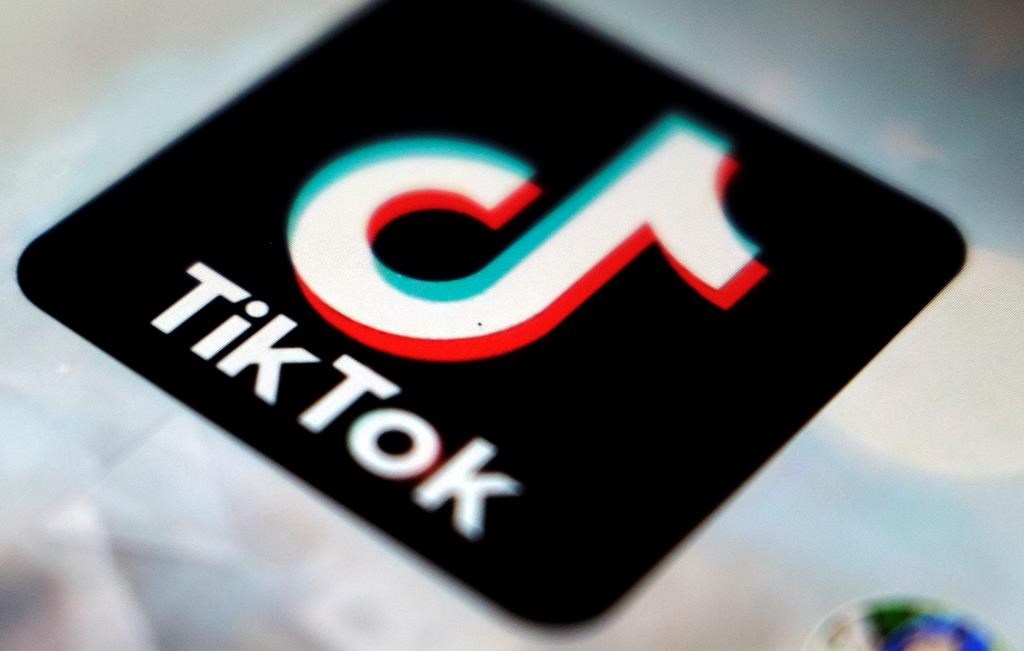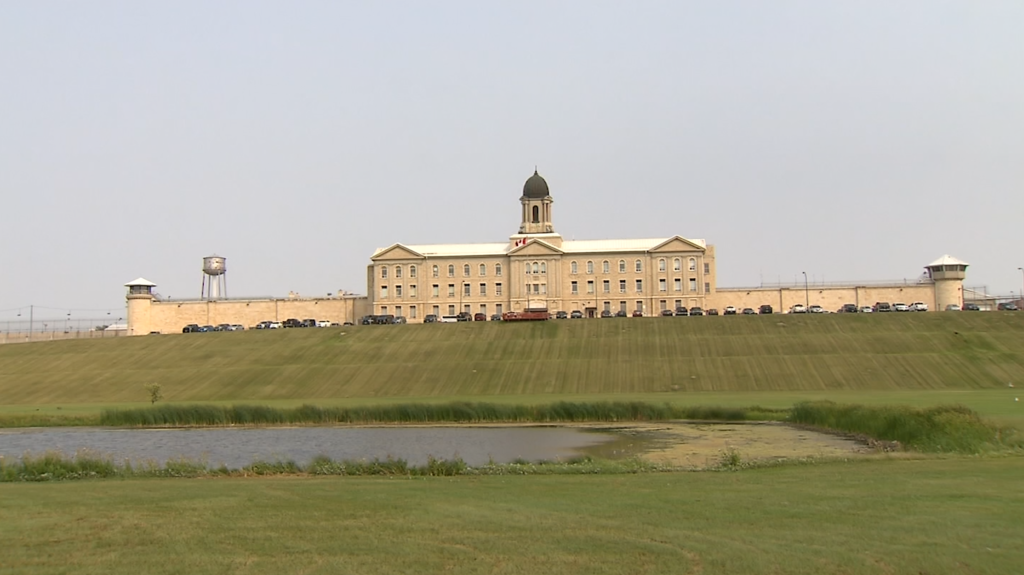TikTok, Netflix latest to amend, suspend services in Russia

Posted March 6, 2022 4:08 pm.
TikTok has blocked its Russian users from posting new videos in response to the government’s crackdown on what people and media outlets can say about Russia’s war in Ukraine.
The social media app that’s popular with young people also on Sunday stopped showing Russians videos shared from elsewhere in the world, said spokesperson Hilary McQuaide.
Netflix said Sunday that it is also suspending its service in Russia.
A statement from the company cited “circumstances on the ground” for its decision to suspend its Russian service but didn’t offer any additional details.
The action is likely to further isolate the country and its people after a growing number of multinational businesses have cut off Russia from vital financial services and technology products in response to Western economic sanctions and global outrage over the invasion of Ukraine.
Russian President Vladimir Putin on Friday intensified a crackdown on media outlets and individuals who fail to hew to the Kremlin line on the war, blocking Facebook and Twitter and signing into law a bill that criminalizes the intentional spreading of what Moscow deems to be “fake” reports.
“In light of Russia’s new `fake news’ law, we have no choice but to suspend livestreaming and new content to our video service while we review the safety implications of this law,” TikTok said Sunday in a statement on Twitter. “Our in-app messaging service will not be affected.”
McQuaide said the TikTok app in Russia now appears in “view-only” mode and won’t let people post or see new videos or livestreams. They can still see older videos, but not if they came from outside the country, she said.
“The safety of employees is our top priority,” she said, adding that the company – part of China-based tech company ByteDance – didn’t want to put either its Russian employees or users at risk of severe criminal penalties.
The new legislation, quickly rubber-stamped by both houses of the Kremlin-controlled parliament and signed by Putin, imposes prison sentences of up to 15 years for those spreading information that goes against the Russian government’s narrative on the war.
Russia media crackdown
Multiple independent online outlets were blocked on Sunday, on top of dozens of others that were blocked last week. Others decided to halt their operations in Russia because of new repressive laws or refused to cover the invasion at all because of the pressure. Hundreds of protesters have been detained across Russia.
The new additions to the list of blocked media included Mediazona, a news site that covers Russia’s police and justice system and has been an indispensable source of information about political arrests and high-profile court cases; the website of Snob magazine; the Agentstvo investigative news outlet; the 7×7 site covering regional news; the Troitsky Variant popular science newspaper that has published an open letter decrying the invasion; and two regional news sites that also spoke out against the attack.
U.S.-funded broadcaster Radio Free Europe/Radio Liberty announced Sunday it was suspending its operation in Russia after it said the country intensified pressure on its journalists and tax authorities initiated bankruptcy proceedings against it.
“(Russian communications and media agency) Roskomnadzor demanded we delete our entire website. Yes, we received this demand from the agency – to block ourselves. Because we incorrectly cover Russia’s attack on Ukraine and call the war a war,” Mediazona said in a statement.
“We were prepared for this. In recent days, military censorship has been effectively introduced in Russia, and there are almost no independent media left in the country. We understand all our risks, but we continue to work – this is our duty to our readers and to ourselves,” the outlet said and listed several ways Russian readers can get around the block.
RFE/RL, which has been physically present in Russia since 1991, was planning to continue reporting on Russia and its war in Ukraine from abroad.
“We will continue to expand our reporting for Russian audiences and will use every platform possible to reach them at a time when they need our journalism more than ever,” chief executive Jamie Fly said.
Despite the efforts to tightly control the narrative, Russians all across the country have spoken out against the war. Tens of thousands have signed open letters and online petitions demanding to stop it, and street protests in dozens of Russian cities have been happening almost daily since the attack began on Feb. 24 – always followed by mass detentions.
On Sunday, protests spanned from Siberia to St. Petersburg, with dozens of Russians taking to the streets in different cities. According to OVD-Info, a rights group that tracks political arrests, more than 4,600 people were detained in 65 Russian cities on Sunday, part of over 13,000 people detained since Feb. 24.








